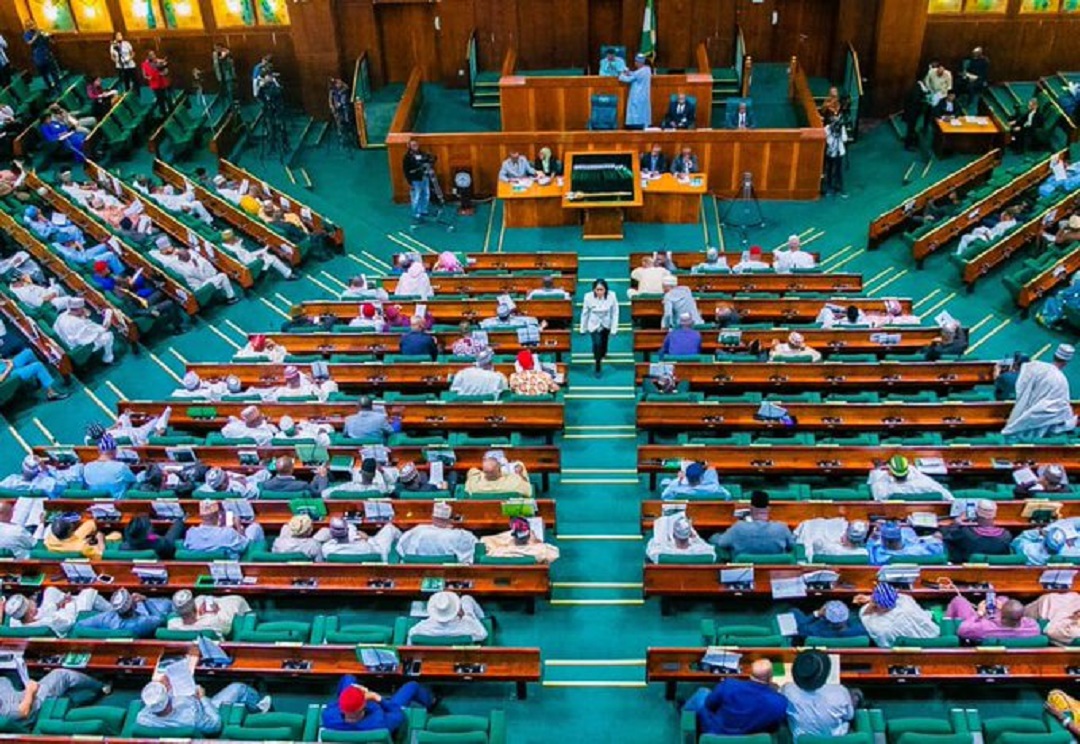


Is six-year single tenure for President Nigeria’s problem?
Just yesterday about 30 lawmakers at the Green Chamber of the National Assembly proposed a six-year single tenure for President and Governors in the political architecture of this country among other sundry issues. The question that has been pondering on my mind at this critical period is that Nigerians’ problem?
These House of Representatives members whom are accorded esteemed regard by the people are fully aware of the lapses in the basics amenities like the skyrocketed inflation, epileptic electric supply, insecurity, high rates of unemployment, the lingering issue of minimum wage and hunger lavishing the land but decided to give deaf ears to this outcries.
Last two weeks on May 29, the ruling political elite marked 25 years of the reinstitution of democracy in Nigeria after very difficult years of successive military dictatorship. We remember the enthusiasm and hope that accompanied the return of that system of government to the country. Nigerians who prayed for civilian rule, based on democratic principles, had hoped that at its silver jubilee, it should have brought success stories to the nation in all ramifications and the citizens would have a feel of the boundless wealth that the country is blessed with.
But as the nation awaits the rescheduled Democracy Day, June 12, the bliss that the citizens expected at the inception of this new era is increasingly diminishing with unprecedented speed because of poor governance inflicted on the people by political operators who emerged in public offices through a flawed process.
In our considered opinion, democracy as a system of governance is not to blame because in other climes it has yielded massive returns for the people in terms of social security, infrastructure development, political and economic stability, peace, security, science, technology and innovation.
We can draw examples from the People’s Republic of China, under communist democracy. The Communist Party of China (CPC) has, through strategic thinking, creativity and massive investment in human capital, recruited the abundant human intelligence and intellect of the people to build a prosperous nation, which is today one of the most important manufacturing hubs in the world.
There are other thriving examples of where democracy works for the people around the world including in African countries. The problem is not the system but the individuals who operate it. We acknowledge the fact that liberal democracy, in itself, may not necessarily guarantee good governance and economic development, but it remains a system that opens up bountiful opportunities for citizens to have the freedom to interrogate the aggregate values and variables of their society and create collective channels to attain greatness through effective leadership.
The challenge of democracy in Nigeria is lack of good leadership at multiple levels and this has enormous drawbacks on the lives of the people. Experts claim that there is a paradoxical relationship between democracy and development in Nigeria. In the 20 years of electoral democracy, poverty, inequality, unemployment, underemployment and insecurity have increased. The hopes of citizens that democracy would lead to improved living standards have been dashed. Social justice and inclusive sustainable development have also been elusive. This, in our opinion, is not a failure on the part of democracy as a system but the inefficiencies brought about by the fabled human factor.
Curiously, and in spite of the beauty of the ballot box, the Nigerian economy has remained dependent on oil and gas with very low value-added services. The aspiration that by 2020, Nigeria would become one of the 20 leading economies in the world has not been achieved essentially because of an abysmal lack of commitment by the political elite who have captured the state for personal gains.
We are appalled that 25 years of democracy has brought untold misery to Nigerians at multiple levels. The situation has become worse in the last nine years. Today, inflation has hit 33.69 percent according to the National Bureau of Statistics (NBS). This has caused a heightened increase in the prices of food and other essential commodities in the country putting most of them beyond the reach of the ordinary citizen whose income is miserably stagnated.
Furthermore, unemployment has reached alarming levels creating a system which provides solace only to relations of political office holders and their acolytes. It is not surprising, therefore, that the poverty rate is such that in 2023, Nigeria, officially, was rated as having 63 percent of its population suffering multidimensional poverty. Sadly, in our view, policies, such as the removal of fuel subsidy, are not helping matters when not done right. That policy, in particular, abruptly announced has worsened an already precarious situation due to lacklustre implementation, giving rise to an environment whereby citizens pay more for fuel and other items, whose prices have been pushed beyond limits by that otherwise good decision.
Another policy that has triggered a humongous crisis is the floating of the naira that grossly reduced the value of the currency vis-à-vis other international media of exchange and brought massive pain and hardship to bear on the lives of the citizenry.
Compounding this awkward scenario is insecurity which has so ravaged the country ranging from terrorism, banditry, farmers- herders clashes in the north and unknown gunmen and the menace of separatist agitators in the south.
Despite these seemingly insurmountable crises, we are of the opinion that the best is still possible for Nigeria. But the citizens must come out and set a standard for electing leaders on personal merit and character instead of the so pervasive ethnic and religious motivated choices. The need for an urgent reversal of this mindset is immensely compelling because, in the long run, it is the entire populace that pays the price of any mistake of omission or commission
Pertinently, as President Ahmed Tinubu crowned his government with the celebration of Democracy Day today. The political elites have a rethink to reintroduce people interest programmes and policies that will serve as a succour to the lapses on the land.



